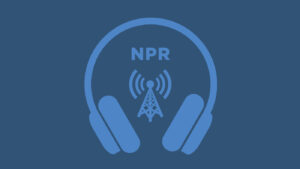In the realm of U.S. colleges, the towering salaries of football coaches often rival those of top university officials. But what fuels this financial phenomenon? NPR’s Planet Money delves into the economic dynamics behind these high earnings.
Exploring the Value of College Coaches
MICHEL MARTIN, HOST:
Football coaches at American colleges take home some of the heftiest paychecks on campus. Is this financial strategy justified? Darian Woods and Adrian Ma from Planet Money’s the Indicator engaged with industry insiders to uncover the rationale behind the substantial earnings of these coaches.
Insights from the Field
DARIAN WOODS, BYLINE: At the University of Alabama, Greg Byrne oversees athletic operations as the athletic director, playing a pivotal role in hiring coaches. During a game, he shared insights with us.
GREG BYRNE: We’re up 2 to 1 on Missouri in the bottom of the sixth.
ADRIAN MA, BYLINE: Greg recently signed football coach Kalen DeBoer for an impressive annual sum nearing $11 million. Byrne emphasized that football generates substantial profits, which support other less lucrative sports.
BYRNE: And so it’s an economic model where football is the engine that pulls the train to not only offer great opportunities for your student athletes, it’s a way to get people involved and engage with your university.
WOODS: According to Byrne, securing a top-tier coach translates to a stronger team, increased ticket sales, and heightened university appeal, potentially boosting enrollment.
Challenging the Economic Justifications
MA: This suggests that investing in high-profile coaches is financially prudent for colleges.
WOODS: Not so fast, Adrian. Andrew Zimbalist, a sports economist from Smith College, offers a different perspective.
ANDREW ZIMBALIST: Unquestionably, there are individual cases of it. But the general phenomenon is, no, they don’t benefit.
MA: Zimbalist’s research indicates that hefty coaching salaries don’t always translate to increased revenue.
ZIMBALIST: You know, if you’re paying some coach $7 million and there’s not a $7 million spike in revenue, then it’s not paying off for you.
WOODS: He notes that top athletic programs often incur losses averaging $20 million annually. As for bolstering a school’s brand?
ZIMBALIST: Basically, that evidence is not robust.
Understanding the Market Dynamics
MA: Despite the financial pitfalls, why do colleges persist in investing heavily in athletics?
ZIMBALIST: The explanation is that it’s an artificial market. It’s not a normal business commercial market.
WOODS: Zimbalist argues that the college coaching market operates under unique conditions, distinct from typical commercial markets. He identifies five factors: tax benefits for college sports, public ownership of programs, significant subsidies from universities and states, student-funded sports through tuition, and previously unpaid college athletes.
ZIMBALIST: You don’t have any of the normal discipline that happens in a typical commercial market, and for that reason, even though college coaches are being paid, it can be argued, a market salary, it’s a very artificial and jiggered market. The few college presidents historically who have stood up and said this is unacceptable, they’ve gotten their wings clipped.
WOODS: A 2009 survey revealed that 85% of university presidents with major football programs viewed coaching salaries as excessive but felt powerless to change them.
MA: Byrne asserts that at Alabama, student fees do not fund the football coach’s salary, as the program is self-sustaining. However, not all colleges enjoy Alabama’s level of success.
WOODS: Darian Woods.
MA: Adrian Ma, NPR News.
Accuracy and availability of NPR transcripts may vary. Transcript text may be revised to correct errors or match updates to audio. Audio on npr.org may be edited after its original broadcast or publication. The authoritative record of NPR’s programming is the audio record.






Be First to Comment